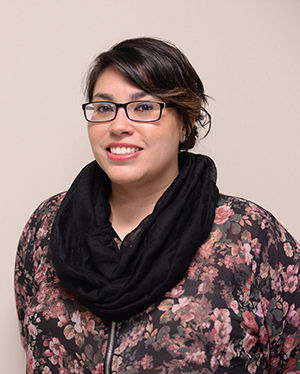Opinion: Minoritized, not a minority
September 20, 2015
Ahmed Mohamed, the 14-year-old teenager who was arrested after teachers at his Texas school mistook his home built clock for a bomb has made recent headlines. The use of certain terms to describe Ahmed has had me reflecting on the power of words and their political function in mainstream media. Some news outlets have referred to Ahmed as a “minority student” to which I must raise issue with.
According to Dictionary.com, the word minority is defined as “a racial, ethnic, religious, or social subdivision of a society that is subordinate to the dominant group in political, financial, or social power without regard to the size of these groups.”
The definition uses the word subordinate. This verb tense reinforces a power structure and assigns the person in question a fixed position in society despite how this person may feel about themselves.
Personally, I am not subordinate. I reject such a definition of myself. I wrote about this last semester in a piece called “Our cultures are not minor.” We are not minor. We are minoritized.
Ahmed clearly sees himself as brilliant (as he is) and capable of doing anything including building a clock out of household materials. He is not a minority student. Ahmed Mohamed is a student of color occupying a minoritized place in American society.
He identifies as Muslim, which in a post 9/11 America often means being unjustly profiled in the name of “freedom” and, in his case, having an invention being mistaken for a weapon.
Minoritized. I emphasize this phrasing because to be minoritized means to be pushed to the margins often by means out of your own control. In Ahmed’s case, grown adults with unexamined racial and/or religious bias put the 14-year-old boy through hell as he was interrogated, arrested and detained in a juvenile detention center. He was quoted as saying, “I didn’t feel human.”
Using this verb tense also suggest an action is occurring which means that we can identify what the action is, who is committing it and who is receiving this action. It can open up the possibility for those who committed the action unfairly to, hopefully, be held responsible.
Unfortunately, challenging power structures is not always so easy.
In a letter sent home to students attending Irving ISD and MacArthur High School, the school district made no attempt to hold itself responsible for marginalizing one of their students, nor was there any indication that parents ought to speak to their children about the dangers of racial and or religious profiling.
Instead, the school urged parents to review the Student Code of Conduct and to speak to their children about “not bringing items to school that are prohibited.”
This would be an effective suggestion if among the “items prohibited” listed in the Student Code of Conduct included tangible experiences, like racial profiling and xenophobia, but something tells me these are not among such items listed.
Amanda Anastasia Paniagua is a columnist for The Kent Stater. Contact her at [email protected].













